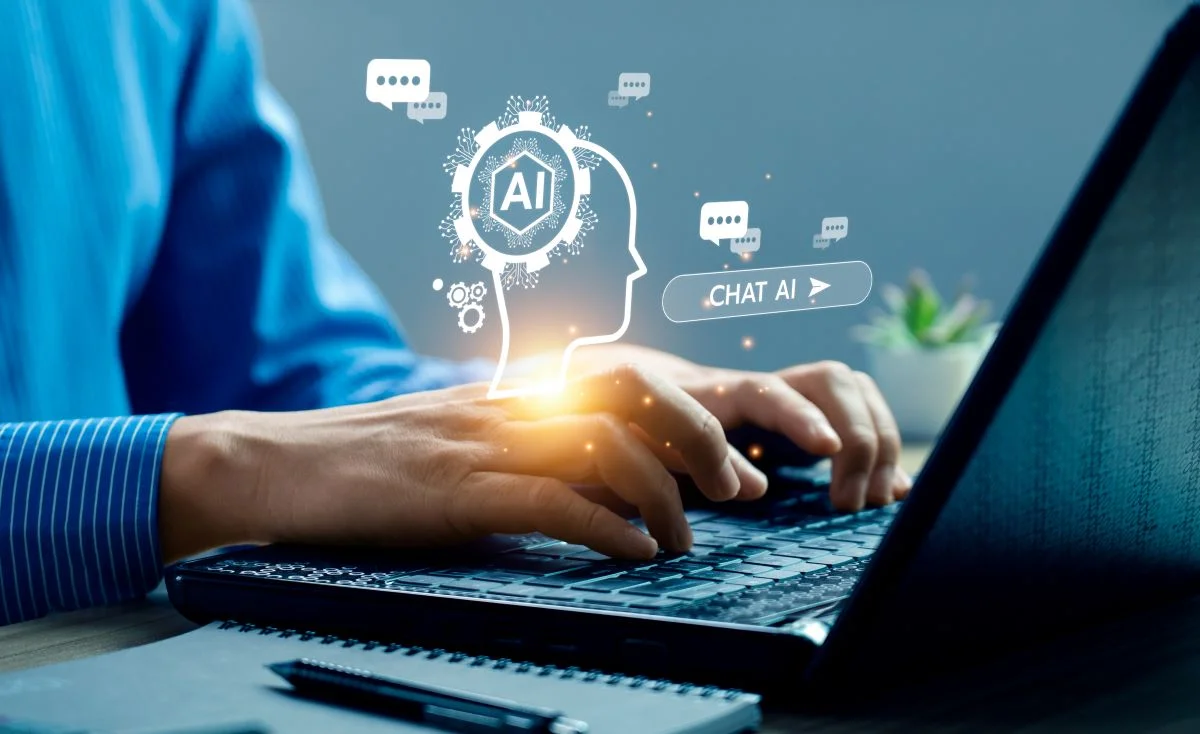Dr Keith Suter is one of Australia’s most influential futurists and media commentators in local and global affairs. He has achieved three doctorates and held many strategic leadership roles. Dr Suter recently presented at Kepner-Tregoe Australia’s end of year networking event and spoke on the topic of the future of work. This blog is a summary of his presentation.
A new revolution is underway but there is little public discussion of it. This is the “Fourth Revolution”, in which information is the currency of power. The Revolution needs to be seen in an historical context. Human settlements began as nomadic/ hunter gatherer societies, with small groups of people living lightly on the land. The second revolution began about 12,000 years ago in today’s Middle East: the farming/ agriculture revolution. Someone stopped asking “Where do we find water?” and instead asked: “How can we make water come to us?” Farmers learnt how to irrigate their lands and farm them. The third revolution began around AD1750: the UK Industrial Revolution. This has given us factories and manufacturing. Some farmers became factory hands. The Fourth Revolution is based on information and communications technology. The key people are “symbolic analysts”, people who handle symbols: words, numbers, notes of music etc. A symbolic analyst is a person who spends a lot of their time on the telephone during the day and cannot describe to their children what they do for a living. New industrial giants are being formed. Traditionally the big companies were in automobiles and energy. Now the biggest companies are IT ones: Amazon, Apple, Facebook, and Google.
For some people, there are many new work opportunities
The Sharing Economy: Companies such as Uber mobilize extra resources by enabling a person to use their own vehicle to convey people, or a person with spare rooms can hire them out short-term via Airbnb.
The Service Economy means that many services can be delivered online, such as Phoenix University and Khan Academy, where people are able to study when it is convenient for them (rather than having to go to an educational facility).
The Micro Multinational Economy enables, for example, a small local trader to have a global reach. Traditionally the Pareto principle meant that the trader searched for the 20 per cent of customers that would produce 80 per cent of the business. Now, because of the global reach of the Internet, a trader can communicate with a potential global audience of three billion people (such as in the sale of a niche brand of homemade honey). They need only a small slice of that market to be profitable.
The 3D Economy/ Maker Economy will enable people to “print” out their products at home rather than go to the store. Older people can recall taking their roll of Kodak camera film to be developed; now more photographs are being taken than ever before via smartphones but Kodak itself is in financial difficulty.
The Platform Economy such as Facebook and Google connect people but don’t produce any content themselves. TaskRabbit brings together customers who want a job done and potential tradespeople who could do it.
We have only just begun the Fourth Revolution and have no idea of where or when
it will end. Here are some speculations on potential new economic models.
First this could be just a race to the bottom. Some IT workers and investors in the big IT companies may do well in the new era but most people will not. Most workers will be living on piece-work, jumping from one small task to the next. There will be little certainty, little opportunity to accumulate assets, increased tension and the risk of social unrest. Perhaps the next generation will not live as long as predicted? (Interestingly in the United States almost all demographic groups are living longer – except for unemployed middle-aged non-college educated white males and females, who are now dying prematurely from suicide, drugs or opioid/pain killer addiction). Will stress and depression take their toll? Will there be a worsening in the mental health crisis?
A more optimistic model could be the “gig economy”. “Jobs” were invented in 1750 for the Industrial Revolution. Before 1750, people were paid as and when required for the seasonal farming. Factories by contrast worked on strict regular lines: the conveyer belt determined the pace of a person’s life. People were paid by the hour. But now Monday to Friday 9 to 5 jobs are going. There is still plenty of “work” to be done via “gigs”. This would be self-organized self-employment, working on-demand, with every worker as a “manager” running their own business. They will need an entrepreneurial mindset constantly looking for “customers”. The “gig” economy may require “gig” learning (and not a standard degree taking years). Learning on demand for working on demand. There will also therefore need to be changes to traditional education. Schools were invented to equip workers for factories; the factories are going and so education needs to be reinvented.
Finally, how do we generate effective consumer demand? How do we keep money in circulation because money is required to buy goods and services? Perhaps we will have a Universal Basic Income (UBI). A UBI scheme would mean that all adults over 18 would receive a flat sum of money from the government. The sum would provide a bare minimum on which to survive; doubtless many people would also continue to work for much more money (and so “refund” the UBI back to government via taxation). With the increasing loss of jobs from automation, a UBI scheme would put some money in circulation to stimulate effective consumer demand. A slogan from the (unsuccessful) June 2016 Swiss UBI referendum: “What would you do if your income were taken care of?” In other words, in the emerging new economy it is important to give people a financial foundation so that they can then turn their minds to being inventive and entrepreneurial. Finland, some parts of Canada and The Netherlands are continuing with their UBI experiments.
To conclude, Ben Tregoe used to advise that people should be made consciously aware of their decision-making processes. What we now need to do is encourage all people to be consciously aware of the Fourth Revolution and to find ways of making money in the new era.
Keith Suter
Understanding what challenges are coming and how they will affect us will help us to better prepare for Industry 4.0. At Kepner-Tregoe we believe that the most powerful tool we as humans have is our ability to think critically. And to be a good critical thinker you need to train your brain on how to solve problems, make decisions and think creatively.
Check out the below webinar to learn more about how Learning & Development, HR and Training functions can prepare employees for The Future of Work.


